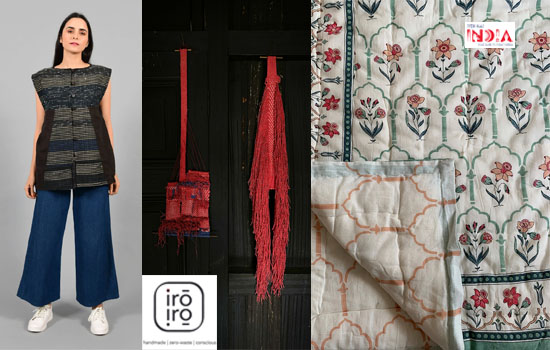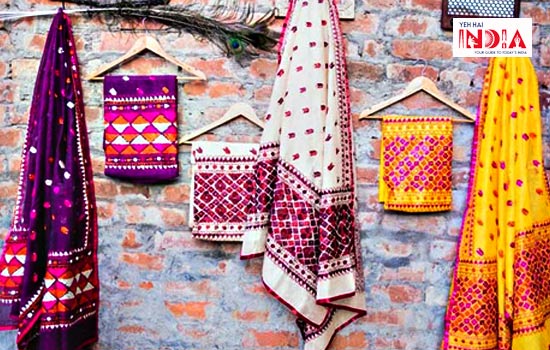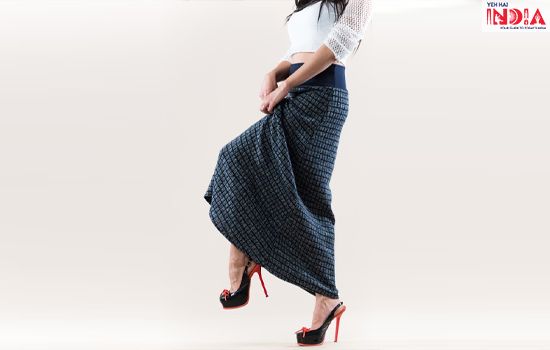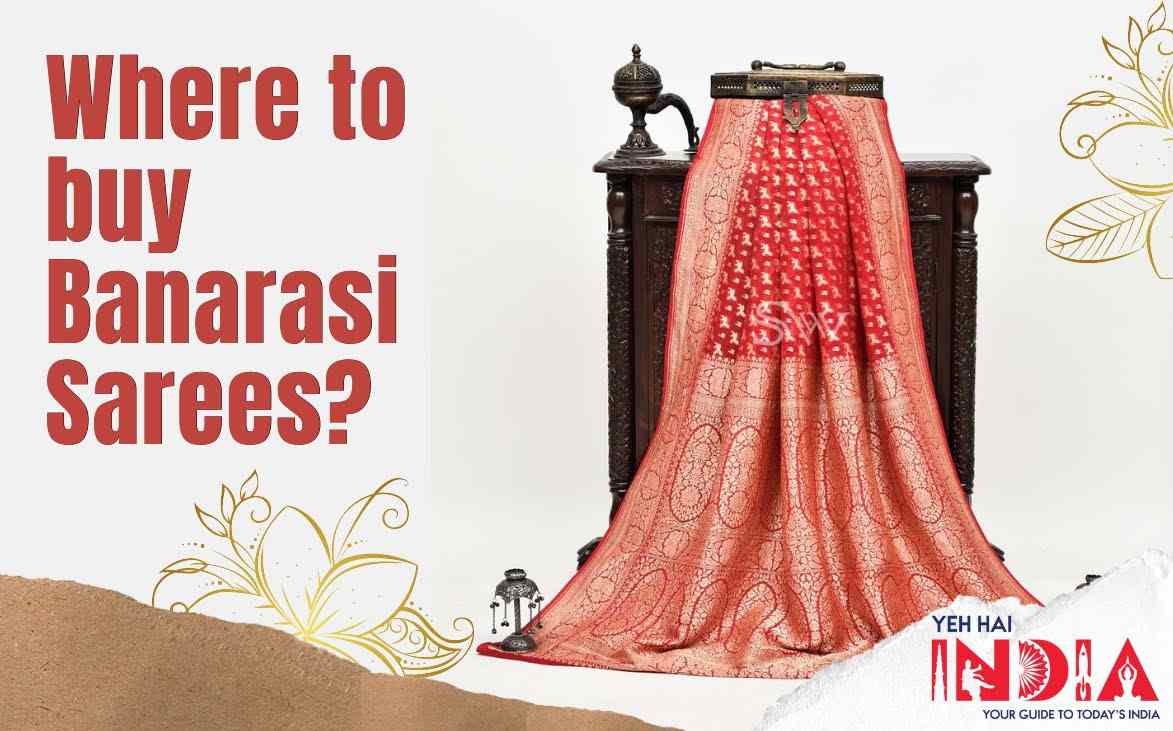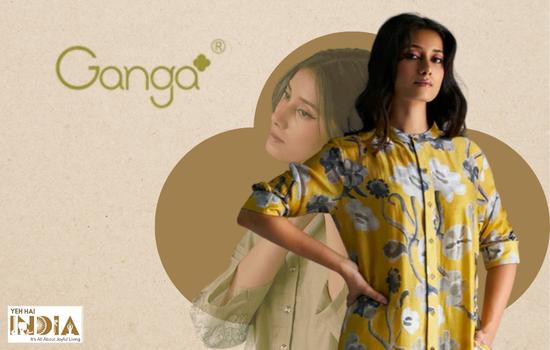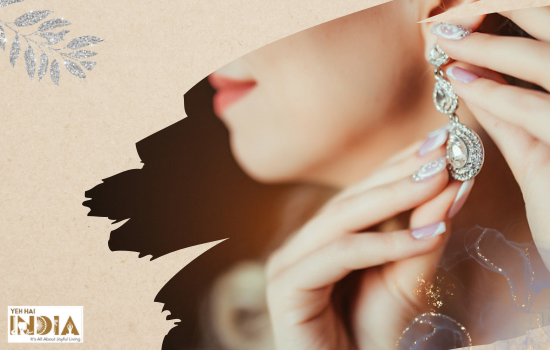IROIRO is a zero-waste lifestyle and fashion brand that up-cycles land-fill textile into handwoven fabrics. The brand works with a set of hand-weavers in Jaipur, Rajasthan, and weaves recycled textiles to create modern clothing, helping close the loop of landfill textile waste in the fashion industry.
If one can look at few numbers, India has been the second-largest exporter of textiles with a share of 5% in global trade and has noted significant growth in recent years. Nevertheless, merging textile growth with waste management has always been one of the significant challenges. At least 50% of the textiles that are thrown out for waste are often recyclable. But in reality, only 25% of waste is recycled. As several forecasts depict further growth in the market, certainly there is a need to find a way out for disposals in the landfills.
Recommended Story – Phulkari Artwork from Punjab- Wearing Rainbows
The Reason for it’s being
Since its inception, the brand has up-cycled around 5000 kg of textiles and sustained around 8 families making sure that it’s not only the waste that is getting a new life. The brand has been featured in many publications and has been nominated for several awards including the Lakme Fashion Week’s Lexus Design Award.
The Idea
Since its inception, the brand has up-cycled around 5000 kg of textiles and sustained around 8 families making sure that it’s not only the waste that is getting a new life. The brand has been featured in many publications and has been nominated for several awards including the Lakme Fashion Week’s Lexus Design Award.
Conceptualized during her final years of Design school, Bhavya Goenka, began thinking of how textile waste that can be reclaimed through innovation. Soon after, her brain child, Iro Iro was born – making several textile waste disposals into desirable clothing.
The Ideator

The brand was founded by Ms. Bhaavya Goenka who was in her 4th-year design school at Indian Institute of Craft and Design (IICD) when she had first conceptualized the idea of recycling textile waste into desirable apparel.
It all began from of a module in her school on Manufacturing commons, after which she has researched several contours of the Indian textile industry. Her studies involved understanding design intervention in traditional Indian crafts and fabrics to develop market practices with these traditional practices in the modern fashion industry.
The IRO-IRO is indeed a small but a growing family in a village near Jaipur, Rajasthan, India. Every product that is sold not only represents the revival of a dying craft tradition but empowers traditional handweavers to pursue a profession they are passionate about instead of moving into an unorganized sector.
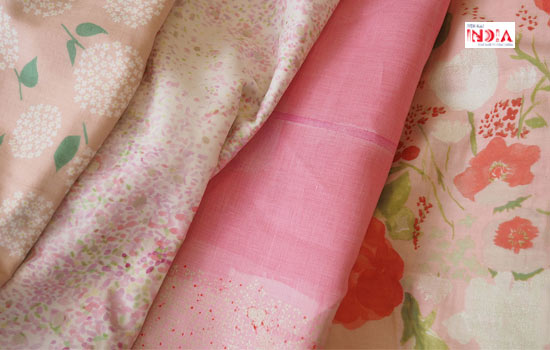
The Relevance
We’ve been reading about sustainable fashion for quite some time, but what exactly is it? Well, long story short – there are 4 main problems with the current commercial fashion industry –
- Water consumption and contamination (high levels are not only consumed in the production of clothing, but also when clothes are washed)
- Energy emissions (high use of energy in the production of synthetic fabrics, for example, and in the washing, drying and ironing of our clothes)
- Chemical usage (fertilizers and pesticides used in the production of raw materials like cotton)
- Waste creation (the levels of textiles that are incinerated or sent to landfill are enormous).
Sustainable fashion aims to reduce/ eliminate these wastes. In order for the fashion industry to really become more sustainable, brands need to work towards developing circular systems whereby garments become fully recyclable after use, reducing the need to create virgin fibers.
IroIro has made significant efforts to make crafts a vehicle to drive upcycling and has given a sense of relevance for the handicrafts amid emerging competition and rapid industrialization. Though one may have a sense of skepticism regarding the relevance of traditional handicrafts today, traditional and cultural Indian handicrafts enable innovation and creativity.
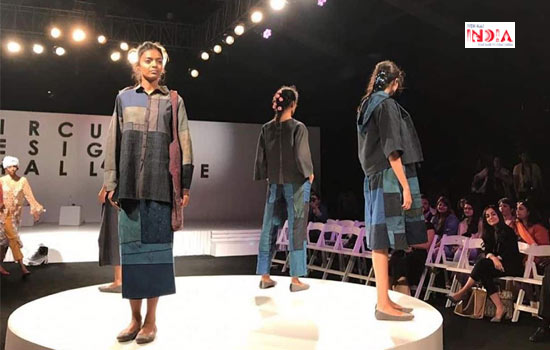
Additionally, Indigenous knowledge also tells us how to live in a way that is not harmful for our planet. Hence, IRO-IRO has brought a unique value proposition within the fashion industry and also has enhanced the modern trends of fashion by looking at innovation from the lens of quality and design.
Recommended Story – 6 Women Led Startups of India- Breaking barriers
Honoring the Legacy
During her CDC Finals, Goenka said that she belonged to a family from the textile industry and upon the decease of her mother, she cemented the idea of working with the waste. She believes that understanding design at IICS instilled respect for Indian heritage and empowered her to see crafts through the lens of quality and design. Her goal was to transform waste into designs, to generate impeccable craftsmanship jobs that would eventually yields income for marginalized artisans.

In the words of IRO IRO, “Curiosity is a powerful thing- it can lead to questions, and questions often lead to solutions”.
For the brand, it started with a simple question – why something that is very much organic, natural, and eco-friendly as clothing and fashion had to be so polluting, toxic, and injurious to the environment?
Fashion, for the brand, has always been a reason to celebrate. Thus, IRO-IRO was formed to bring such a sense of celebration and happiness of creating something desirable, which would otherwise have only been deteriorating our habitat.
Where to Shop for IroIro?
You can currently find IroIro products only on their official website; here -http://iroirozerowaste.com/
Do your bit. Here’s your chance.
Also Read – Gaatha Handicrafts – Every craft has a Story


